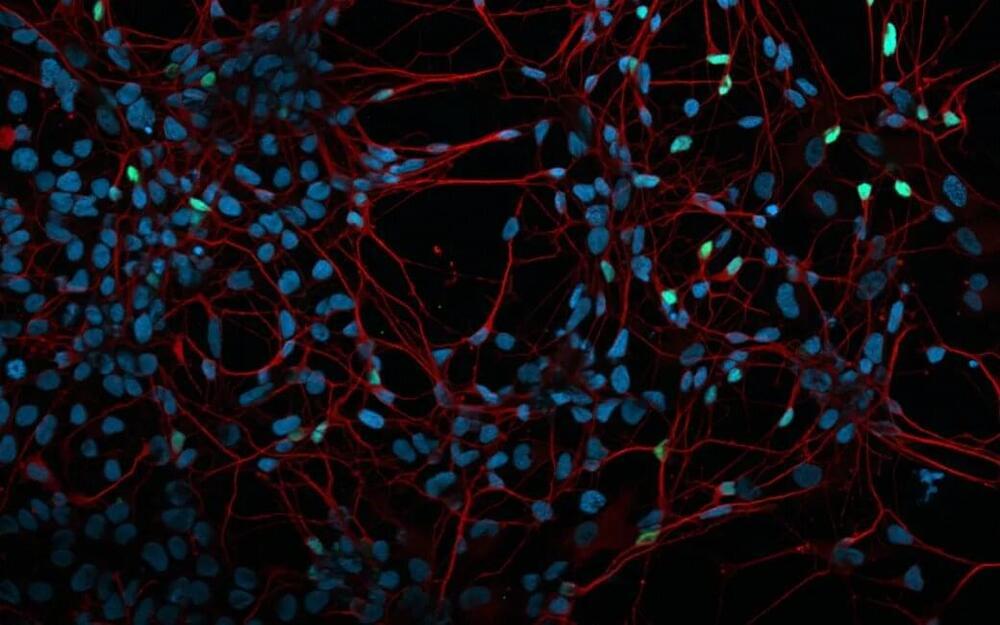Induced pluripotent stem cells offer great therapeutic potential and are a valuable tool for understanding how different diseases develop. New research shows that such stem cell lines should be regularly screened for genetic mutations to ensure the accuracy of the disease models.
In the past 10 years, scientists have learned to create induced pluripotent stem cells (iPSC) from ordinary cells by genetic reprogramming. These cells are widely used to study diseases, as they can be differentiated to almost any cell type of the body, and they can be generated from any individual. However, a key remaining methodological challenge is that the differentiation process is subject to major technical variation for mostly unknown reasons.
HiLIFE Tenure Track Professor Helena Kilpinen and her group at the University of Helsinki use stem cells for studying the biological mechanisms of neurodevelopmental and other brain-related diseases.










Comments are closed.